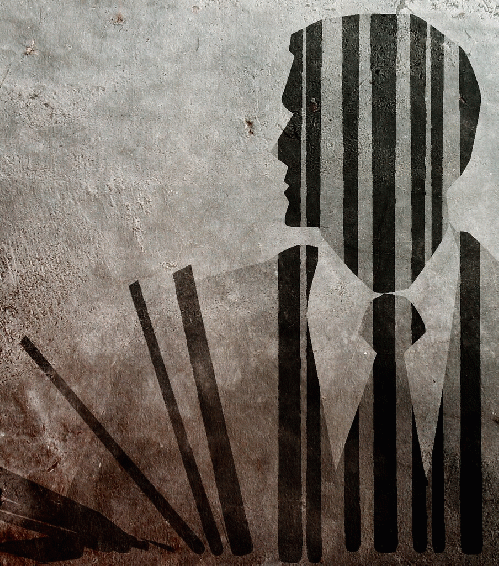Reprinted from hartmannreport.com
Economic crises represent social and political transition points, times of great difficulty but also times of great opportunity - We now stand at the edge of one those rare windows in time.
America is in the midst of an economic crisis and Russia and China seem hell-bent on pushing us to what may become a world war. We've been here three times before in the history of our country, and each one has heralded major changes in the nature and structure of our government.
As we watch corporations pour increasingly large amounts of money into politics, it's a good time to reevaluate their role in governance and society. At the top of that list is the doctrine created out of whole cloth by the US Supreme Court in the late 19th century called "Corporate Personhood." It has become one of the most destructive forces in American politics.
In 1776, Adam Smith's Wealth of Nations was published and the U.S. Declaration of Independence was signed. This was no coincidence: both were broadly embraced reactions, in part, to a widespread economic depression that had begun in the previous decade.
England reacted to their economic distress with a series of efforts to raise revenue: the Stamp Act, the Townshend Acts, and the Tea Act (among others); the colonists reacted by defying the corporate power of the East India Company with the Boston Tea Party and the Declaration of Independence.
There was war and upheaval, and a new nation was born.
Fourscore (80) years later, Abraham Lincoln was a lawyer in private practice, working for the railroads. On August 12, 1857, he was paid $4800 in a check, which he deposited and then converted to cash on August 31. That was fortunate for Lincoln, because just over a month later, in the Great Panic of October, 1857, both the bank and the railroad were "forced to suspend payment."
Of the 66 banks in Illinois, The Central Illinois Gazette (Champagne) reported that by the following April, 27 of them had gone into liquidation. It was a depression so vast that the Chicago Democratic Press declared at its start, the week of Sept. 30, 1857, "The financial pressure now prevailing in the country has no parallel in our business history."
Soon there was war and terrible upheaval: four years later the nation was split asunder by the Civil War. A transformed and more powerful federal government emerged, changing forever our government's role in managing the country.
Eighty years later the Great Depression bottomed out as Hitler rose to power and again America experienced war and upheaval, on a greater scale than ever before, accompanied by dramatic transformations in the role and nature of our federal government.
Today we're approaching that same interval "- it's been 77 years since the end of World War II "- and people are nervous about another worldwide economic crisis, with good reason.
Even beyond the immediate consequences, economic crises have led to huge and long-term political changes. They have ushered in the rise of fascism, the consolidation of communism, the overthrow of monarchy (the American and French revolutions, for example), and the creation of the new and experimental democratic republic of the United States of America.
But what will come out of this time of danger/opportunity? What sort of future can we fashion? Will we use the crisis to create positive change and save the climate for our children and grandchildren, or allow forces of raw corporate power to have their way?
When Germany faced the last depression, its government turned to a hand-in-glove partnership with corporations (German and American) to solidify its power over its own people and wage war on others. Italy's Benito Mussolini named this new form of corporate/state partnership fascism, referring to the old Roman fascia, or bundle of sticks held together with a rope, that was the symbol of the power of the Caesars.
Next Page 1 | 2 | 3 | 4 | 5 | 6 | 7
(Note: You can view every article as one long page if you sign up as an Advocate Member, or higher).






